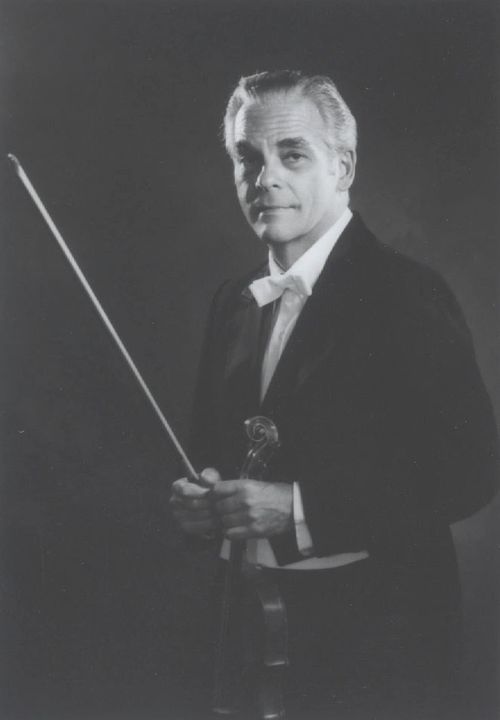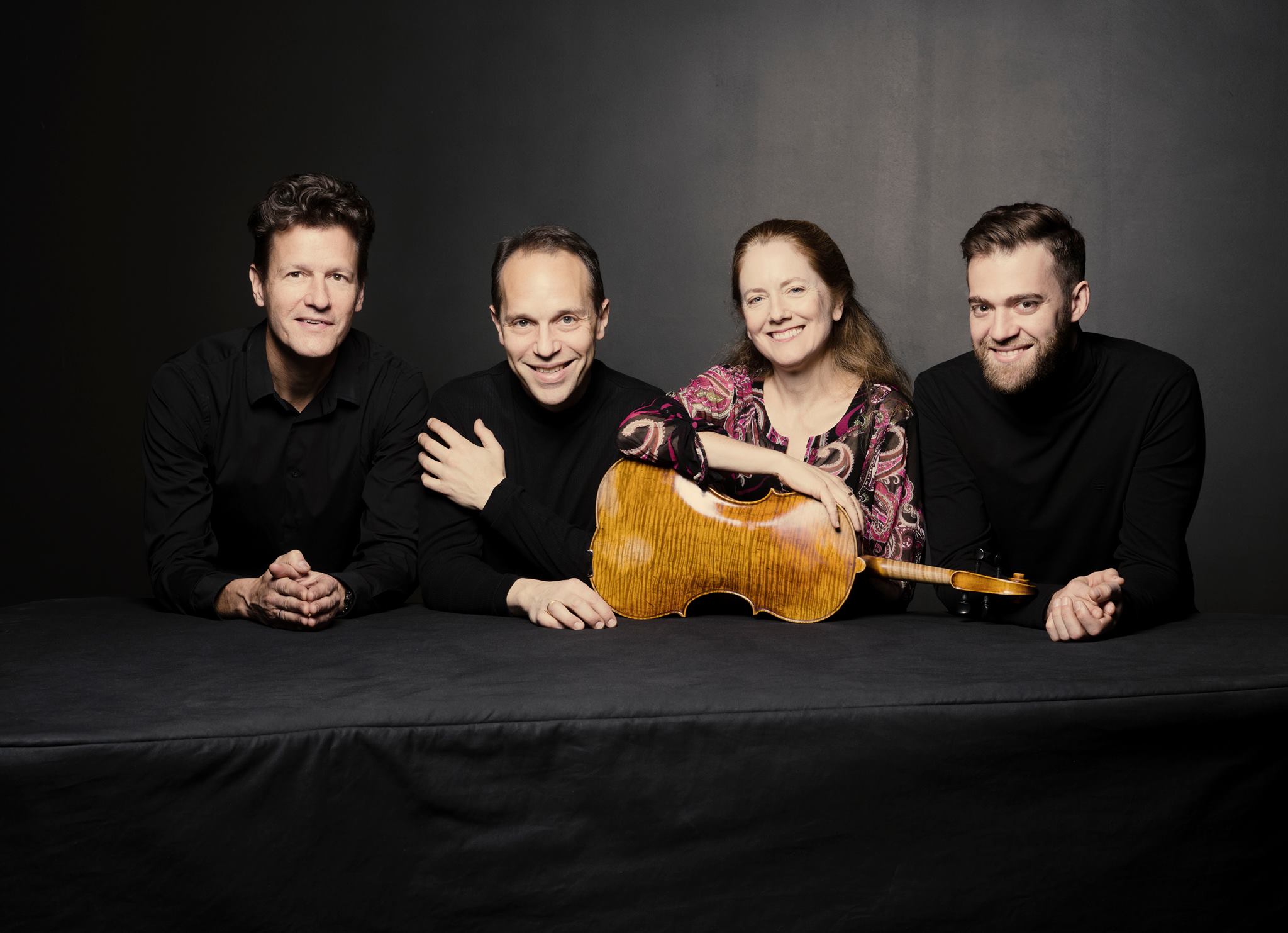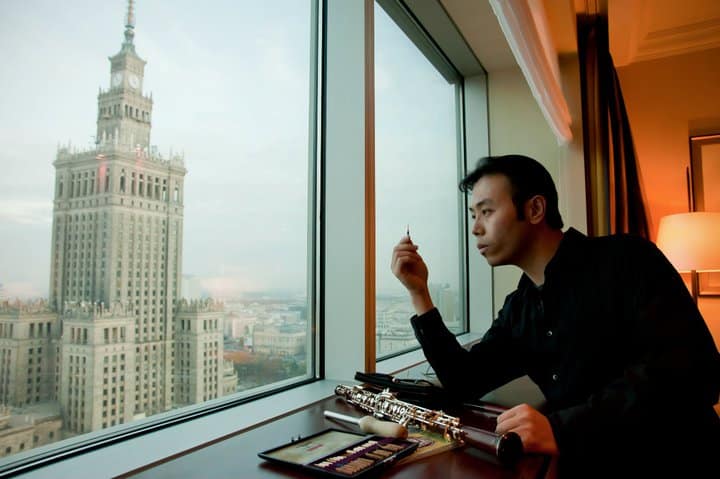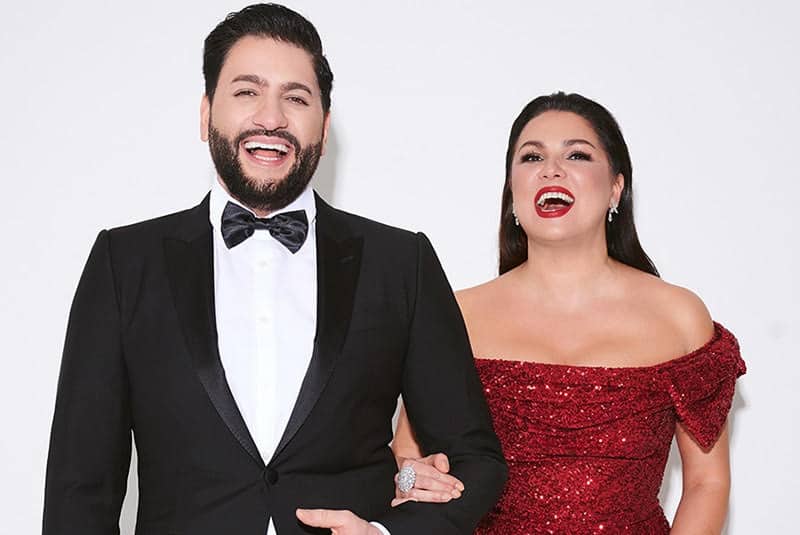Composers are under threat from AI
NewsProfessor Stefan Behrisch who teaches composition at the Dresden University of Music has been studying the fast-growing threat of Artificial Intelligence in the process music creation.
He gives a useful summary: Progress is coming and cannot be stopped: music will be created by AI, which is still made by humans today. The musicians who are visibly performing on a stage need not worry for the time being. Because the live moment is based on real people. It becomes more relevant for the creative people behind the scenes: composers, arrangers, even musicians in the studio. Here it will be even more important to have a strong personality, you could also say “brand”.
We also have to be creative and committed to thinking about how we can reach people: new venues, new audiences, new forms of concerts. And less and less: rely on established structures.
More hier.






“We also have to be creative and committed to thinking about how we can reach people: new venues, new audiences, new forms of concerts. And less and less: rely on established structures.”
People who can cram so many clichées into one single paragraph will definately be replaced by AI. A robot could have said the same thing, although more inspiring.
This ‘progressive development’ is only ‘threatening’ the type of new music which consists of mere sound patterns: Klangkunst / sonic art, and ‘functional music’ – ‘Gebrauchsmusik’ – and entertainment music. Serious new concert music however is not threatened at all because it has a personal, psychological dimension which cannot be replaced my whatever machine may try invent.
But what an irony: the 20C modernist attempts to make composition progressive in character and closer to the success story of science, to be ‘avantgarde’ and breaking boundaries and eploring new ground whatever that may be, is leading to their own dissolving. The removal of the person of the composer from the creative process has already been explored by John Cage, who wanted the sound of music be ‘liberated’ from subjective decisions, among other attempts through coincidental methods (dice, or the I Ching). The idea was, to get ‘music’ objective. But music is a subjective art form and thus fundamentally different from science.
Modernism in the arts has always been an immature kind of romanticism, and it is no surprise that the idea was born in the 19th century.
That these AI worries come from a German professor is no coincidence: in Germany, Klangkunst is still the established mode of writing new music because of the Nachkriegsschuldbewaltigungsneurosis (the nazis hated modernism, so modernism is good). The rest of the world moved-on, but the heart of classical music was arrested as far as new creation is concerned.
From the full interview (google translate) “[I don’t yet incorporate AI in my teaching] On the contrary, I will focus even more than before on the individual and personal aspects of the student. Because we are the experts for the most un-machine-like thing there is: the creative, emotional, personal, individual. Creating goosebumps moments! We need to strengthen and cultivate this even more.”
So you and Professor Behring are in complete agreement. Who would have thought it?
I apologize, I did NOT read the full interview. This professor must be quite young, and cudos for him – he must be the rare exception.
Also: “How will AI music be received? How will individually tailored music – that will also come – be received? These answers lie in the future and we can only speculate. I think: listening to music means much more than perceiving sounds. It’s also about the experience of a situation and the personality of the artist. We want to get to know him, know everything about him, be his friend. It’s almost a social process, a connection. This is only possible with people and will always be so. Maybe even more so as our world becomes more digital. This is less relevant for more functional music like the jogging playlist and AI music could establish itself there.”
Again, complete agreement.
Even Hindemith thought that the distinction between ‘Gebrauchsmusik’ and ‘serious music’ was a silly one. Time to step over artificial boundaries.
Voilà.
I’m not at all sure that the boundary between what you term “entertainment music” (which is not Klangkunst) and “art music” is as impermeable as you think. AI is especially adept at detecting patterns in complex data, including evaluation of the patterns that are most successful (in the present instance, say, concert programming). I don’t expect AI to start composing masterworks soon, but it may get to the point where someone relatively unfamiliar with the art and its repertoire might have trouble telling the AI from a human creator.
And no, I don’t look forward with any fondness whatsoever to such a development!
There are already musicians who play as if they produce AI. In such cases, it will be hard to hear the difference.
The easiest style for AI to master would be serialism. A fun test in the near future: make samples of AI-generated serial music and historical examples of composed serial music, then ask trained musicologists to sort them. I predict an accuracy rate of 50%.
Serialist Klangkunst is perfect for AI. The human factor has always been an hindrance for that art form.
AI is a generative tool as are certain features in the DAW Digital Audio Workstation (Pro Tools , Logic, Cubase ) that makes notation software for scores as the composer intends it , give or take.
Yes. There are glitches and bugs but humans fix those.
As a tool, those not embracing AI to their capabilities will be left behind.
Adams, Stockhausen , Varese, Zappa, Xenakis, Cage. They and thousands of others in schools academia and pros tried randomly or purposefully newly invented tools of their time – everything from sound creation to form – and one can hear their works and influence from ballet to classically funded symphonic events to movie scores.
As Peter Gabriel said – better to dance with AI than to fight it.
Our ears will decide what moves us.
AI is very early today as to promptings and integration w the DAW, but it can create some amazing shapes and motives based on what it’s trained on.
No, this way of thinking is entirely wrongheaded. It is part of the juvenile romanticism that kicks on gadgets. The arts have nothing to do with machinery, however clever it is. The more superficial people are, the greater their loss of what they had not understood in the first place.
Any composer who is under threat from AI deserves to be.
Maybe the author of this comment should try to understand what the meaning of the first letter of AI is.
I wouldn’t have been able to sleep tonight if John Borstlap had not commented on this subject, and his comment is, fortunately for my existential requirements, excellent. The only thing missing is the Umlaut in the -bewältigungs- part of that fabulously Germanic constructed noun.
Gute Nacht und schlaft gut.
Yes, my PA gleefully pointed that out, because she has an aunt who has a neighbour whose niece lives in Frankfurt.
As someone posted recently, “I’m sure my microwave will enjoy listening to this.”